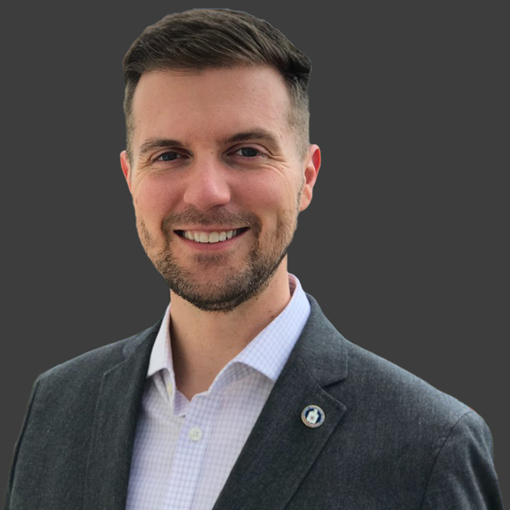This site uses cookies to provide you with a more responsive and personalized service. By using this site you agree to our use of cookies. You can learn more about our use of cookies and similar technologies and your choices by reviewing our Privacy Policy. By clicking “I agree” you agree to our use of cookies and similar technologies.
Safeguarding Corporate Leadership: 5 Proactive Measures for Executive Security
The tragic assassination of the United Healthcare CEO underscores the ongoing and growing risks faced by corporate executives and high-profile individuals—threats that extend beyond physical harm to encompass profound impacts on organizational stability, reputation, and shareholder confidence. Publicized attacks or disruptions at events can lead to more than personal harm; they can ripple through the markets, shaking investor trust and damaging brand value.
In terms of personnel security, one of the most dangerous times for executives and high-profile individuals is at pre-announced public events. Most notably, this has been the case for U.S. Presidents, such as Donald Trump in Pennsylvania and Ronald Reagan after his schedule was published in The Washington Star. We’ve seen similar attacks and protests at shareholder meetings or during conferences when the target was a known speaker at the event.
These public incidents are not always intended to cause physical harm but may also be designed to make a statement or draw attention to a cause. When protestors and activists target executives—whether for a real or perceived grievance—the consequences can extend beyond the immediate effects at the incident and result in significant impact to stock prices and organizational stability.
For executives, the stakes are high. The good news? Many of these risks are preventable. By taking proactive, strategic measures, companies can safeguard their leaders while protecting the broader organization. Let’s explore how the right preparation can turn potential crises into non-events.
Here are five proactive measures which can help reduce the risk and impact of these pre-meditated attacks:
- Minimize specifics around public events to the extent possible as well as minimize the time between the announcement and the event.
- Ensure internal events have limited distribution. Disgruntled or terminated employees are known to use corporate holiday parties as means to ensure their message is heard.
- Coordinate your own security team with the local security team to ensure that response protocols are in place prior to the event. Do not assume a conference center’s security team is properly trained to handle physical or reputational attacks.
- Remove your executive’s personal information from online data brokers. Attacks and protests that are thwarted at a public event may be redirected to the executive’s home if that information is readily available online.
- Consider conducting an Independent Security Study to holistically assess the C-suites’ security at the office, at home, and online. The entire assessment may even be tax deductible.
When it comes to executive security, the best approach is a proactive one. By implementing preventive strategies like minimizing event-specific details, conducting Independent Security Studies, and ensuring robust coordination with local security teams, organizations can significantly reduce the likelihood and impact of an attack or protest.
Guidepost Solutions specializes in providing comprehensive executive protection tailored to the unique needs of corporate leaders. Our experts understand the complex security landscape executives navigate—whether it’s at public events, in the office, or at home. With decades of experience and a proven track record, we offer peace of mind to C-suites worldwide.
Don’t leave the security of your executives—and your company—to chance. Prevention is not just the best policy; it’s the most cost-effective, reliable way to protect your leadership and preserve your organization’s integrity.

Cody Shultz
Senior Director
Cody Shultz serves as a director of investigations and private client protection for Guidepost Solutions and is based in the D.C. office. Having served with the Central Intelligence Agency, he is regularly called on to advise ultra-high net worth (UHNW) individuals and family offices as a strategic advisor for executive protection, security, privacy, and reputational decisions in response to public and private crises, particularly those that related to AI and deepfakes.


